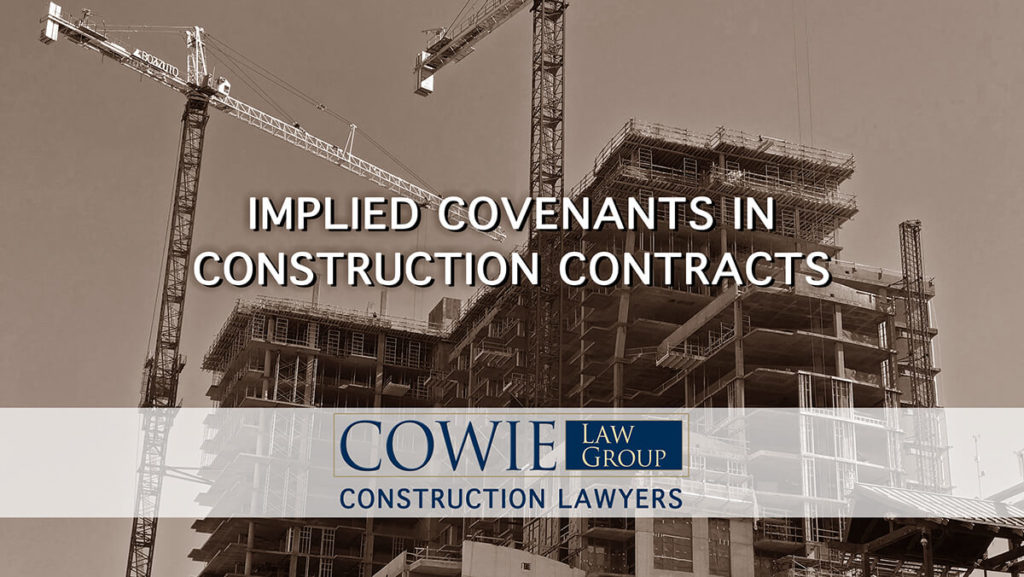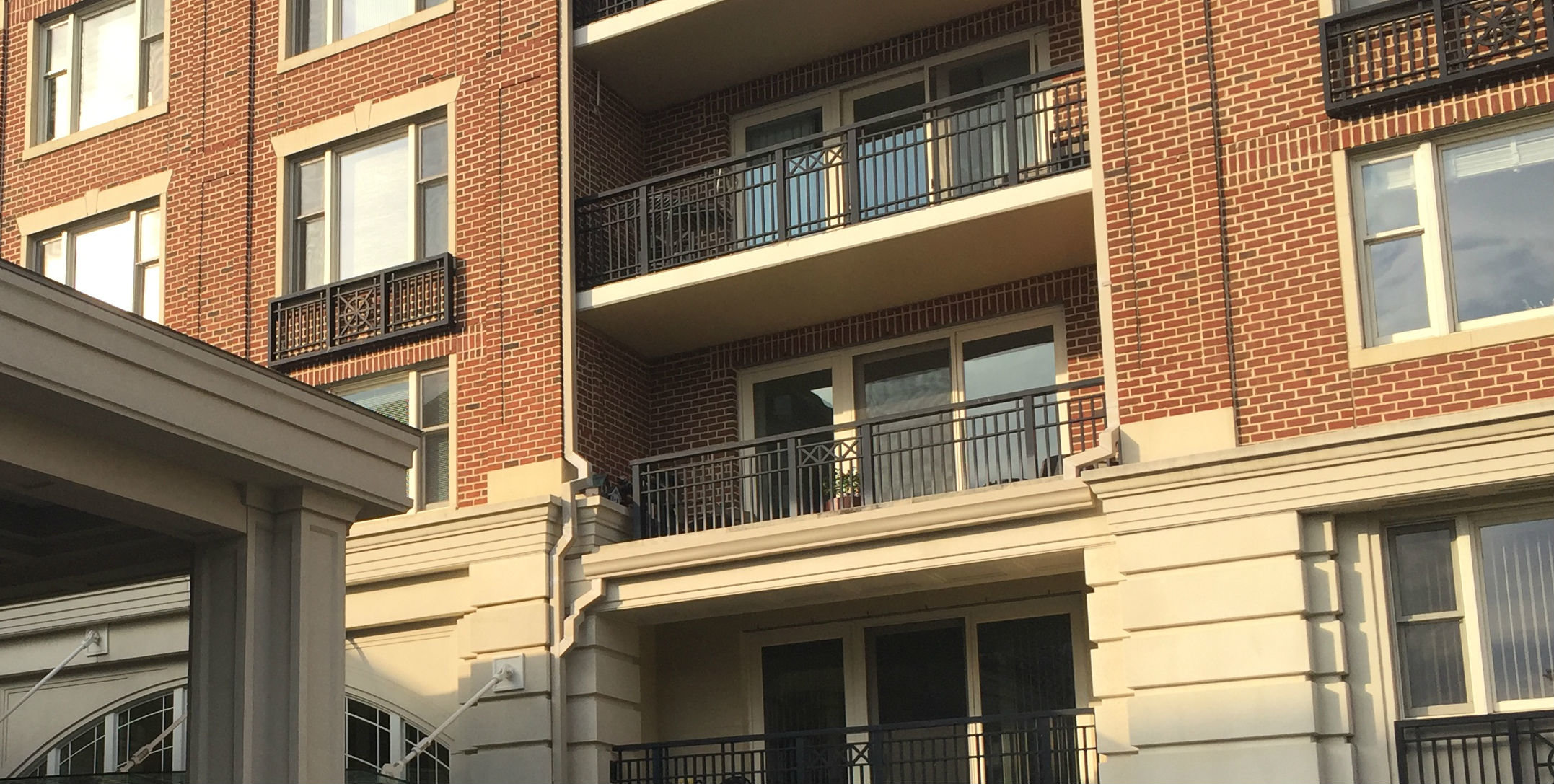Construction Lawyers in Maryland : Can implied covenants in in construction contracts provide a basis for a breach of contract claim for defective construction under Maryland Law?
All construction contracts should contain a written contractual provision or “express contractual covenant” that sets forth standards of quality or performance for the construction work so that if there is a claim that the competed work is defective or otherwise improper, the contractor’s work can be judged by these specified contractual standards which will determine if the completed construction contract has been performed to the required level of quality or performance. Sometimes, however, construction lawyers must work with a construction contracts that contains no express contractual covenants as to the standard of quality or performance. In such cases, minimum contractual standards of quality or performance, may be implied by law (referred to as “implied covenants”). Even though there are no standards expressly set forth in the construction contract, a construction lawyer can argue that Maryland law implies certain minimum standards of workmanship, code compliance and other industry standards as though they were actually written into the contract.
This article contains a very brief overview of express and implied contractual covenants of quality or performance in construction contracts.

Express Covenants of Quality and Performance in Construction Contracts
In any construction contract it is essential to describe the work to be performed as precisely as possible (such as by incorporating written construction drawings, specifications and other written descriptions of the work to be performed), Express covenants of quality or performance provide further assurances that the completed work meet specified standards of quality and can also fill in the gaps where there is no instruction or description regarding the specifics of the work to be performed.
For example, some construction contracts contain an express covenant of quality that the completed work will be performed in a “workmanlike manner” or according to “industry standards” or in accordance with “plans and specifications,” etc. See e.g., Baltimore Federal S. & L. Ass’n v. Gordon, 272 Md. 52 (1974) (contract provision providing that “all work to be completed in a workmanlike manner according to standard practices”). In such cases, a construction lawyer seeking bringing a breach of contract claim for defective construction must prove a violation of the specified standards similar.
In other cases, construction contracts contain an express covenant guarantees or warrants the performance of the Completed construction work. See e.g., Correlli Roofing Co., Inc. v. National Instrument Co., Inc., 240 Md. 627 (1985) (roof guaranteed to be leak proof for 15 years); Board v. Plymouth Rubber Co., 82 Md. App. 9 (1990) (roof guaranteed to be in a water tight condition for a period of 10 years). In such cases, the failure of the construction work to conform to the promised performance standard can form the basis of a breach of contract action, regardless of whether the construction work otherwise meets a specified construction industry standards.
Implied Covenants of Workmanship and Code Compliance in Construction Contracts
Even if a construction contract contains no express covenants of quality or performance, there are, nonetheless, certain contractual covenants implied by law that may form the basis of a breach of contract action for defective construction, even though not expressly written in the contract.
For example, in a construction contract, it is implied that the work will be performed in a workmanlike manner with skill and care. See Gaybis v. Palm, 201 Md. 78, 85 (1952); See also, Worthington Constr. Corp. v. Moore, 266 Md. 19, 22 (1972). This obligation is implied by common law and need not be expressly stated in a construction contract. Gaybis, 201 Md. at 85.
Compliance with applicable building codes is also an implied condition in a contract between a builder and an owner. See Denice v. Spotswood I. Quinby, Inc., 248 Md. 428, 433 (1967); Hooton v. Kenneth B. Mumaw P. & H. Co., 271 Md. 565, 571 (1974); Loch Hill Construction Co. v. Fricke, 284 Md. 708, 716 n.6 (1979); Andrulis v. Levin Construction Corp., 331 Md. 354, 366 n. 4 (1993). See also, Ethyl Corp. v. Forcum-Lannom Associates, Inc., 443 N.E.2d 1214 (Ind. 1982). It is important to note that the applicable building code may require compliance with county approved approved plans and specifications and specified industry standards. This means that a failure to comply with the applicable plans and specifications and industry standards can can constitute a building code violation, and, therefore, by extension, a breach of the implied covenant to of compliance with applicable building codes, even though plans and specifications and industry standards are not wtitten requirements contained in the contract.
1321 Generals Highway, Suite 302, Crownsville, MD 21032 • Tel: 410-327-3800 • Fax: 410-327-3801 • cowielawgroup.com







